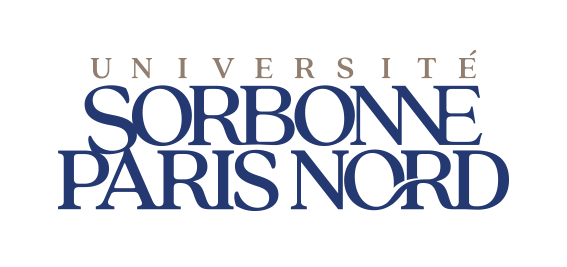Integrase strand transfer inhibitor (INSTI)-resistance mutations for the surveillance of transmitted HIV-1 drug resistance
Résumé
Background: Integrase strand transfer inhibitors (INSTIs) are expected to be widely adopted globally, requiring surveillance of resistance emergence and transmission.
Objectives: We therefore sought to develop a standardized list of INSTI-resistance mutations suitable for the surveillance of transmitted INSTI resistance.
Methods: To characterize the suitability of the INSTI-resistance mutations for transmitted HIV-1 drug resistance (TDR) surveillance, we classified them according to their presence on published expert lists, conservation in INSTI-naive persons, frequency in INSTI-treated persons and contribution to reduced in vitro susceptibility. Mutation prevalences were determined using integrase sequences from 17302 INSTI-naive and 2450 INSTI-treated persons; 53.3% of the INSTI-naive sequences and 20.0% of INSTI-treated sequences were from non-B subtypes. Approximately 10% of sequences were from persons who received dolutegravir alone or a first-generation INSTI followed by dolutegravir.
Results: Fifty-nine previously recognized (or established) INSTI-resistance mutations were present on one or more of four published expert lists. They were classified into three main non-overlapping groups: 29 relatively common non-polymorphic mutations, occurring in five or more individuals and significantly selected by INSTI treatment; 8 polymorphic mutations; and 22 rare mutations. Among the 29 relatively common INSTI-selected mutations, 24 emerged as candidates for inclusion on a list of INSTI surveillance drug-resistance mutations: T66A/I/K, E92G/Q, G118R, F121Y, E138A/K/T, G140A/C/S, Y143C/H/R/S, S147G, Q148H/R/K, N155H, S230R and R263K.
Conclusions: A set of 24 non-polymorphic INSTI-selected mutations is likely to be useful for quantifying INSTI-associated TDR. This list may require updating as more sequences become available from INSTI-experienced persons infected with HIV-1 non-subtype B viruses and/or receiving dolutegravir.
